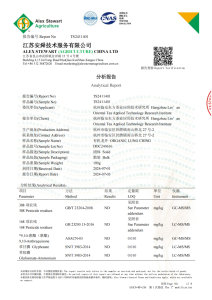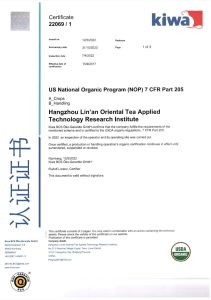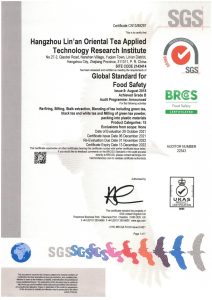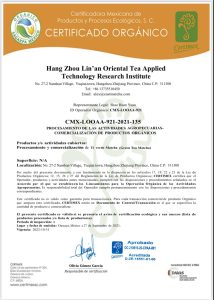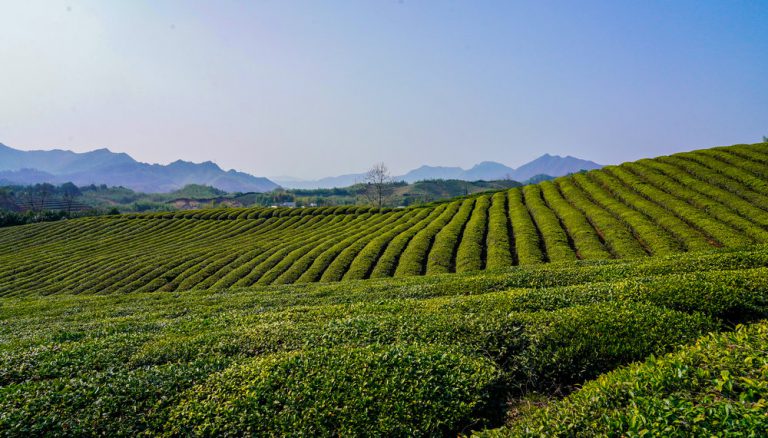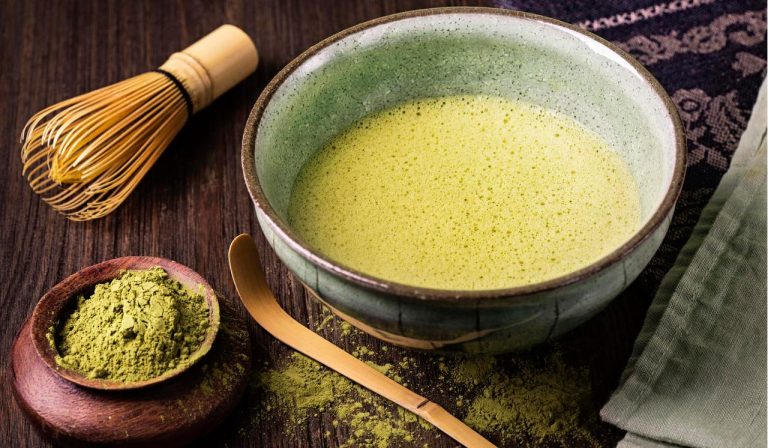Hangzhou Zhiqinghe Tea Tech Co.,Ltd.
Since 1992.
Why Organic Matcha is the Healthier Choice for Your Wellness in 2025
Explore the health benefits of organic matcha, from boosting metabolism to heart health. Learn how to select the best organic matcha for your wellness journey in 2025.
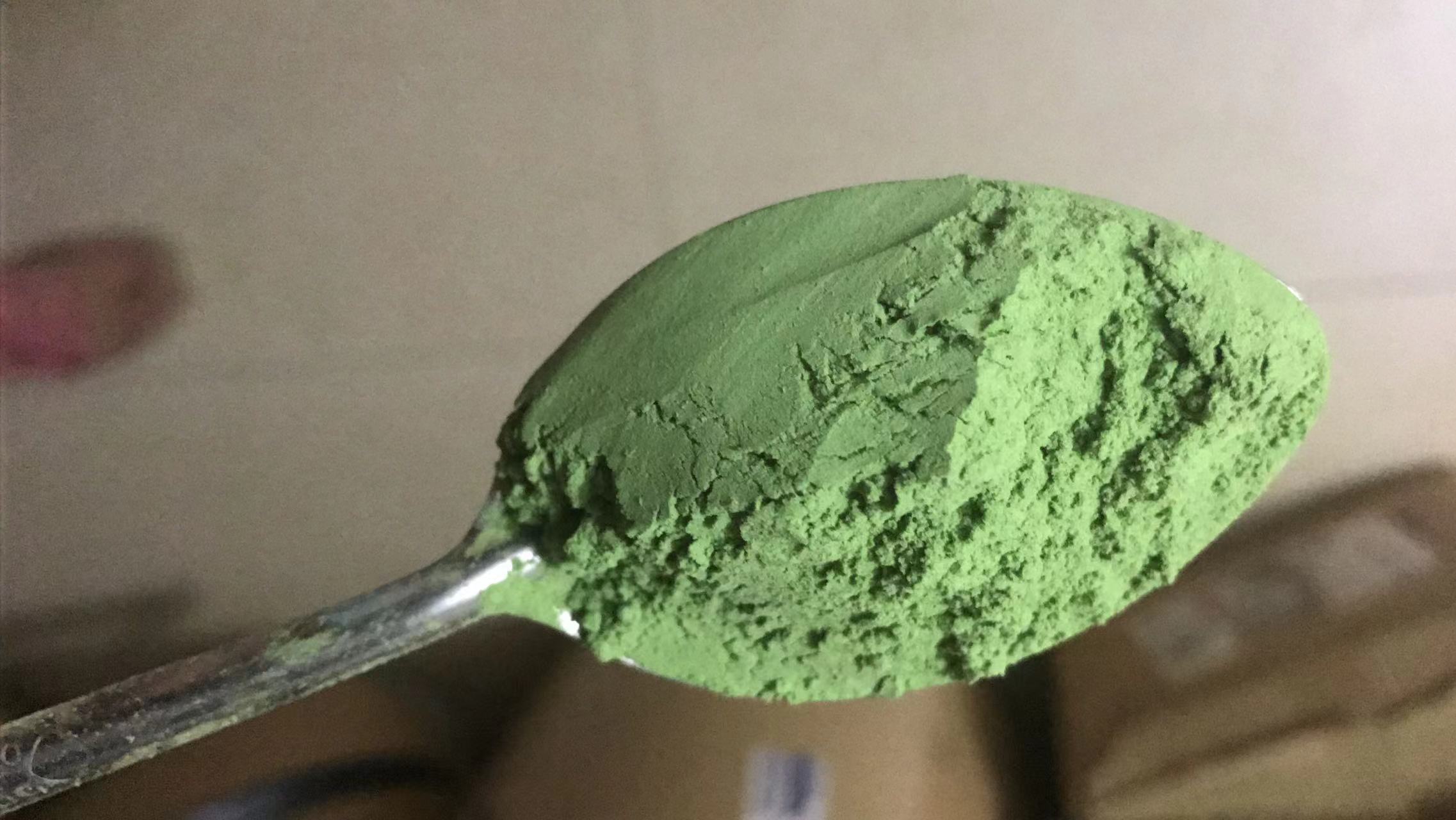
Matcha, a traditional Japanese green tea, has gained global popularity. It stands out for its vibrant color, rich taste, and versatility. Matcha is now a favorite ingredient in beverages, desserts, and even skincare products.
Organic matcha holds a unique position in the tea industry. It caters to health-conscious consumers seeking pure, chemical-free products. With its eco-friendly cultivation and high nutritional value, organic matcha is reshaping the tea market landscape.
Matcha is a finely ground powder made from specially grown and processed green tea leaves.
It originated in China during the Tang Dynasty (618–907). During this period, tea leaves were steamed and formed into compressed bricks for storage and trade.
The practice of consuming powdered tea gained popularity during the Song Dynasty (960–1279). However, by the Ming Dynasty (1368–1644), the Chinese tea culture shifted towards brewing loose leaf tea, leading to a decline in powdered tea’s popularity.
In the 12th century, a Japanese Buddhist monk named Eisai brought the tradition of powdered tea to Japan. The Japanese embraced and refined this practice, integrating it into their culture and developing the tea ceremony known as “chanoyu.”
Today, matcha is celebrated worldwide for its unique flavor, vibrant green color, and health benefits.
Top Health Benefits of Organic Matcha Green Tea
1. Rich in Nutrients
Abundant in essential vitamins and minerals, including vitamin C, potassium, magnesium, and calcium. It also contains dietary fiber and a variety of amino acids, notably L-theanine, which promotes relaxation without drowsiness. Additionally, matcha is high in antioxidants, particularly catechins like EGCG, which help combat oxidative stress.
2. Best organic matcha for weight loss
Regular consumption of matcha can boost metabolism and increase fat oxidation, aiding in weight management.
3. Strengthens Immune System
The antioxidants and polyphenols in matcha support the immune system by protecting against free radicals and reducing inflammation. Its antiviral and antibacterial properties may also help in preventing infections.
4. Organic matcha for heart health
5. Provides Antioxidant and Anti-Aging Benefits
High in antioxidants, matcha helps neutralize free radicals, which can damage cells and contribute to aging. The EGCG in matcha has been found to have anti-inflammatory and anti-aging effects, promoting healthier skin and reducing the appearance of wrinkles.
Organic Matcha vs. Regular Matcha: Which is Better?
At present, matcha on the market is divided into organic matcha and regular (non-organic) matcha. They differ in several key aspects, including cultivation methods, production processes, nutritional content, and quality assurance. Understanding these differences can help consumers make informed choices.
Cultivation Environment
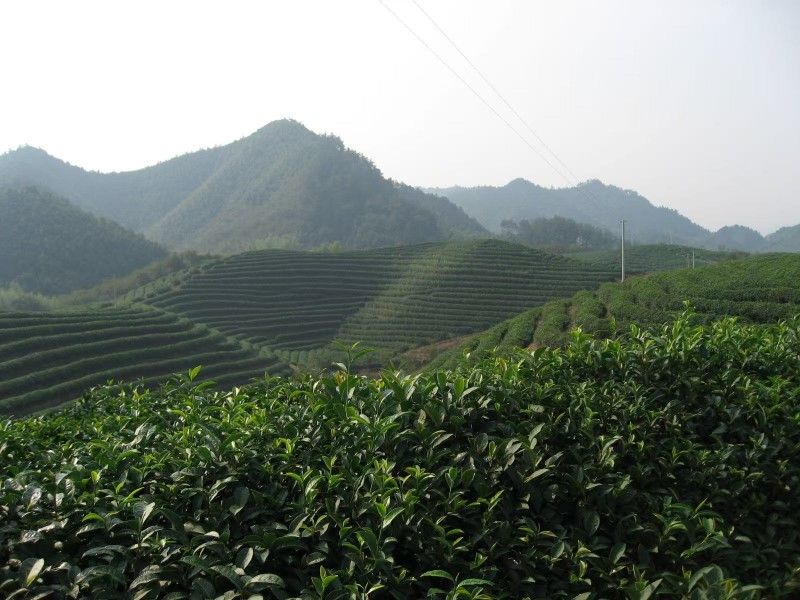
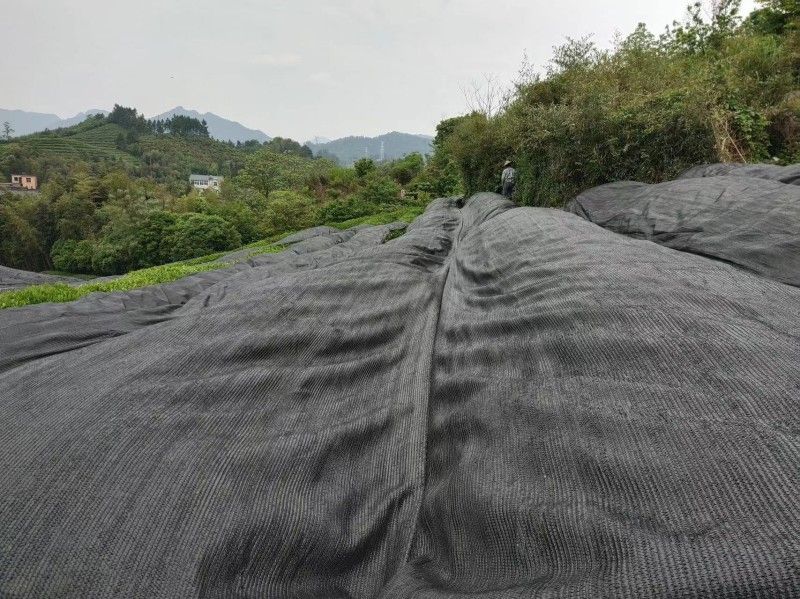
Organic Matcha: Cultivated without synthetic fertilizers, pesticides, or herbicides, organic matcha relies on natural farming methods. Farmers use organic compost and biological pest control to maintain soil fertility and manage pests. This approach promotes environmental sustainability and reduces chemical residues in the final product.
Regular Matcha: Conventional matcha farming may incorporate synthetic chemicals to enhance yield and manage pests. While these methods can increase production efficiency, they may also result in higher chemical residues.
Production Process
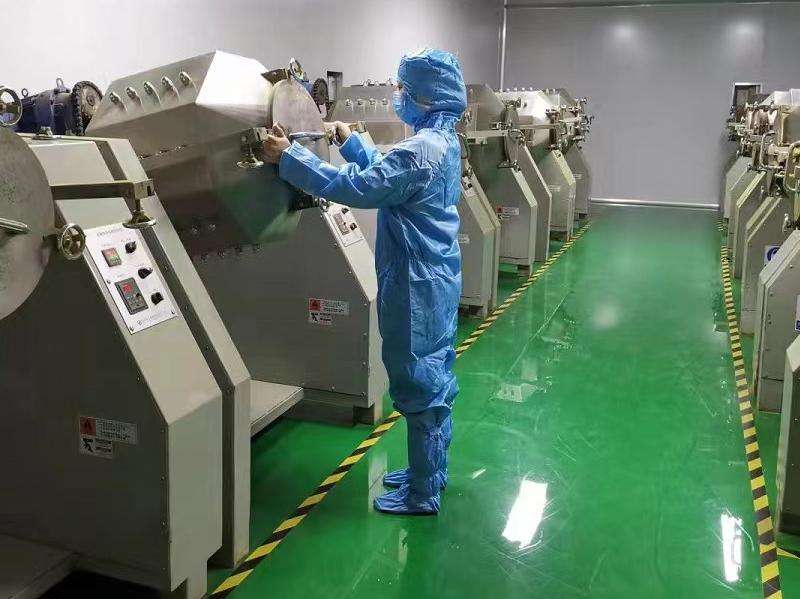
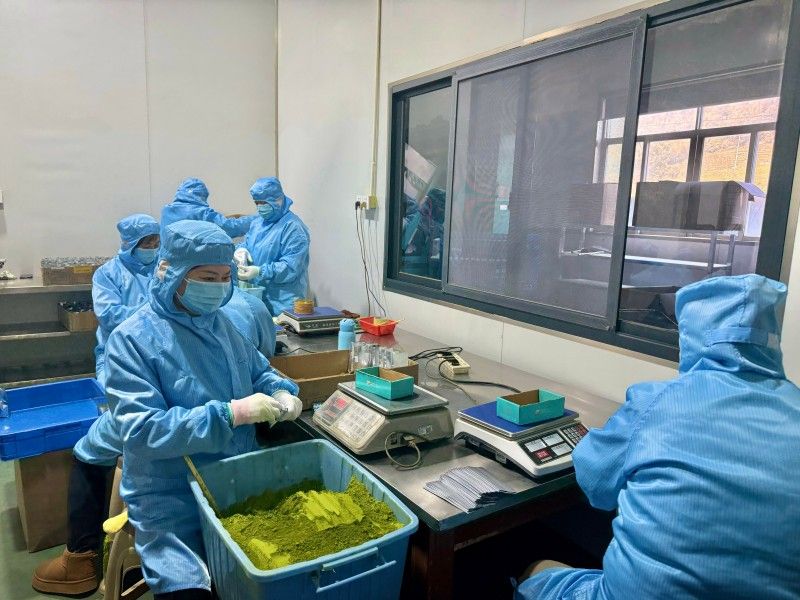
Organic Matcha: The production process adheres to strict organic standards at every stage, from cultivation to processing. This includes careful selection of tea leaves, steaming to prevent oxidation, drying, and grinding into a fine powder using traditional stone mills. The entire process is designed to maintain the purity and natural qualities of the tea.
Regular Matcha: While the basic production steps are similar, conventional matcha processing may allow the use of certain additives or processing aids not permitted in organic production. This can affect the flavor, color, and shelf life of the matcha.
Nutritional Value
Organic Matcha: Some studies suggest that organic matcha contains higher levels of certain nutrients and antioxidants due to the natural cultivation methods. The absence of chemical fertilizers and pesticides may encourage the tea plants to produce more polyphenols and other beneficial compounds as natural defense mechanisms.
Regular Matcha: Conventional matcha can also be rich in nutrients and antioxidants; however, the use of synthetic chemicals in cultivation might influence the overall nutritional profile. The specific impact varies depending on farming practices and processing methods.
Quality Assurance
Organic Matcha: Certified organic matcha undergoes rigorous testing and certification processes to ensure compliance with organic farming standards. This includes regular inspections and residue testing to confirm the absence of prohibited substances. Consumers can look for certification labels from recognized organic certifying bodies as a guarantee of quality.
Regular Matcha: Quality assurance for conventional matcha depends on the producer’s standards and practices.
Market Prospects of Organic Matcha
organic matcha’s market competitiveness is growing, especially with the rise of health-conscious and sustainable living trends. It is set to play a more significant role in the global tea market in the coming years.
1. Consumer Demand for Healthy Products
The global organic tea market is expected to grow at a CAGR of 6.5% during the forecast period, from 2021 to 2030 with matcha being one of the key categories. Health-conscious consumers, in particular, are increasingly drawn to natural, chemical-free products. Matcha, known for its high antioxidant content and its ability to enhance immunity and metabolism, has become an integral part of healthy diets.
2. Competitive Advantage of Organic Matcha in the Tea Market
Matcha’s popularity is rapidly growing in Western markets, especially in the U.S. and Europe. In 2019, matcha became one of the fastest-growing categories in the U.S. tea market. Younger generations are particularly drawn to matcha due to its health benefits, including improved metabolism, energy, and stress reduction—traits associated with compounds like L-theanine and EGCG.
3. Sustainability and Eco-Conscious Consumers
Organic matcha’s sustainable production methods, including the absence of synthetic pesticides and fertilizers, align with the values of eco-conscious consumers. According to a Nielsen report, 73% of global consumers are willing to pay more for products that are sustainably produced . The environmentally friendly aspects of organic matcha make it highly attractive to consumers who prioritize sustainability.
How to Choose High-Quality Organic Matcha
1. Check for Organic Certification
Look for labels from trusted certification bodies. These include USDA Organic, EU Organic, or JAS (Japanese Agricultural Standard). Certification guarantees the product meets strict organic standards.
2. Pay Attention to Brand Reputation and Customer Reviews
Choose brands with a strong reputation. Read customer reviews online. Look for feedback on taste, color, and overall quality. Trusted brands often have consistent quality and transparency.
3. Inspect Packaging and Shelf Life
Check the packaging for airtight seals. Matcha is sensitive to light, air, and moisture. Proper packaging preserves its freshness and nutrients. Verify the expiration date to ensure the product is fresh.
Conclusion: Organic matcha offers numerous advantages. It is rich in nutrients, free from harmful chemicals, and cultivated in an environmentally friendly way. Choosing organic matcha supports sustainable farming practices and ensures high-quality tea without compromising health or taste.
By embracing organic products, consumers contribute to greener living and promote better tea standards. The future of organic matcha in the tea market is promising, driven by growing awareness of health and environmental benefits. Let’s make conscious choices for a healthier lifestyle and a thriving planet, paving the way for organic matcha to shine in the global tea industry.
Ready to boost your health with organic matcha? Shop our premium selection today and start your wellness journey!
Click here to contact us.



